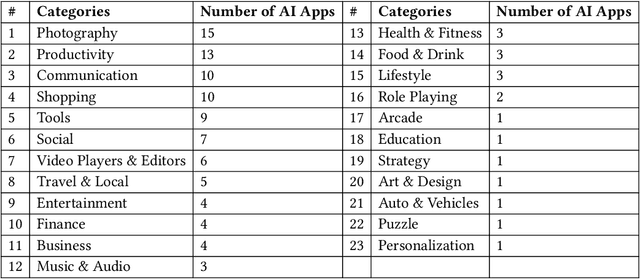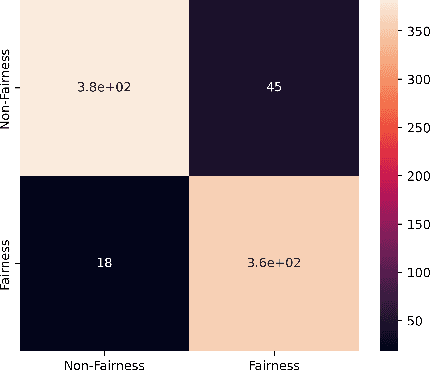Ali Rezaei Nasab
A Study of Fairness Concerns in AI-based Mobile App Reviews
Jan 16, 2024



Abstract:With the growing application of AI-based systems in our lives and society, there is a rising need to ensure that AI-based systems are developed and used in a responsible way. Fairness is one of the socio-technical concerns that must be addressed in AI-based systems for this purpose. Unfair AI-based systems, particularly, unfair AI-based mobile apps, can pose difficulties for a significant proportion of the global populace. This paper aims to deeply analyze fairness concerns in AI-based app reviews. We first manually constructed a ground-truth dataset including a statistical sample of fairness and non-fairness reviews. Leveraging the ground-truth dataset, we then developed and evaluated a set of machine learning and deep learning classifiers that distinguish fairness reviews from non-fairness reviews. Our experiments show that our best-performing classifier can detect fairness reviews with a precision of 94%. We then applied the best-performing classifier on approximately 9.5M reviews collected from 108 AI-based apps and identified around 92K fairness reviews. While the fairness reviews appear in 23 app categories, we found that the 'communication' and 'social' app categories have the highest percentage of fairness reviews. Next, applying the K-means clustering technique to the 92K fairness reviews, followed by manual analysis, led to the identification of six distinct types of fairness concerns (e.g., 'receiving different quality of features and services in different platforms and devices' and 'lack of transparency and fairness in dealing with user-generated content'). Finally, the manual analysis of 2,248 app owners' responses to the fairness reviews identified six root causes (e.g., 'copyright issues', 'external factors', 'development cost') that app owners report to justify fairness concerns.
 Add to Chrome
Add to Chrome Add to Firefox
Add to Firefox Add to Edge
Add to Edge